Keywords: Youth Detention
-
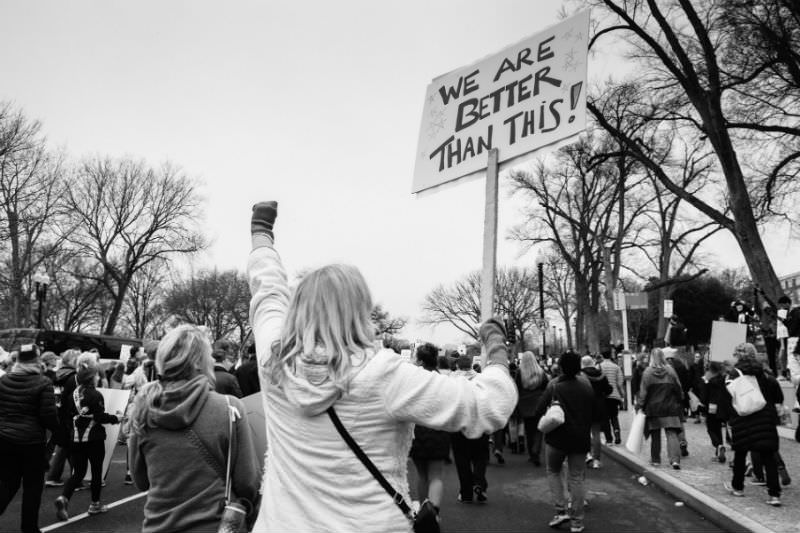
AUSTRALIA
- Marta Skrabacz
- 04 December 2017
4 Comments
There’s no reason to judge the success of a protest by whether it achieved its desired outcome: the adage ‘it’s a marathon, not a sprint’ rings true. Effective change is a matter of increment; it has to happen at every strata of society. Protests bear the brunt of proving success, when the burden for change actually exists with the system they’re opposing.
READ MORE 
-
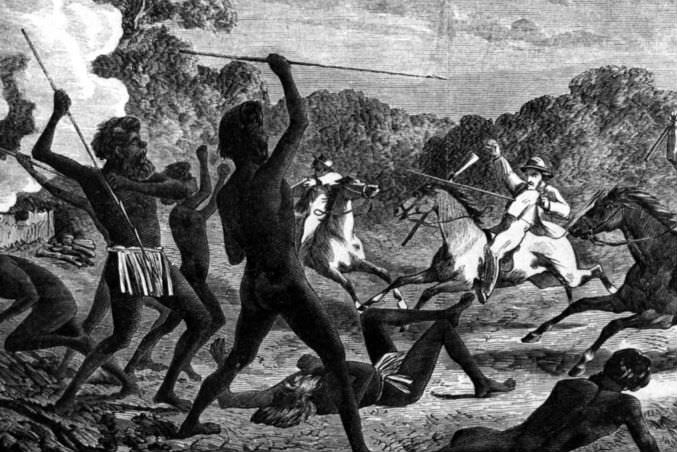
AUSTRALIA
- Fatima Measham
- 23 November 2017
13 Comments
It's entirely possible that reconfiguring our relationship with First Nations peoples, even centralising it, would give us the language and impetus to reconfigure everything else, including the way we resolve conflict, think about the environment, and make decisions about vulnerable members of society.
READ MORE 
-
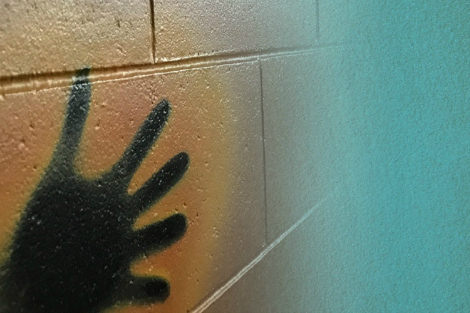
AUSTRALIA
- Andrew Hamilton
- 26 April 2017
7 Comments
We need only to imagine ourselves as a child subject to the practices described in these accounts, to find them scarifying. The recurring images of children lying in the foetal position, in solitary confinement, hooded or surrounded by guards say it all. When we set them against the results of research into the biological and psychological development of children, detention, prolonged lockdowns, isolation and a culture of punishment are destructive and counterproductive.
READ MORE 
-
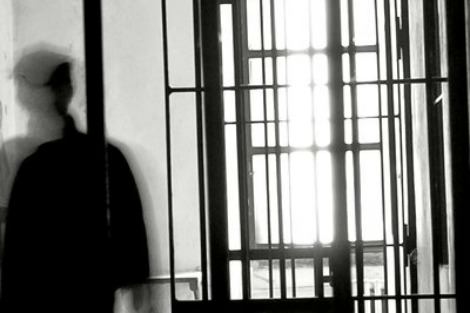
AUSTRALIA
- Terry Laidler
- 24 March 2017
12 Comments
Many of the kids in the juvenile justice system have been abused, come from dysfunctional families or state care, or have untreated behavioural or mental health problems. Warehousing them in punishing idleness and expecting passive compliance, let alone any recovery, is fanciful. I have begun to think about how we could respond to these kids in a holistic way, with a strong emphasis on prevention and diversion. These proposals relate to current the system in Victoria, but generalise easily.
READ MORE 
-
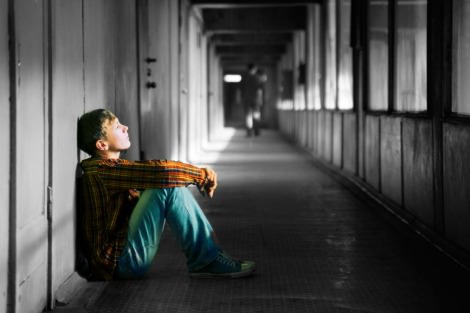
AUSTRALIA
- Julie Edwards
- 15 March 2017
6 Comments
At present the tornado that has raged in youth justice has abated. Disturbing images from Don Dale led to a royal commission in the Northern Territory. In Melbourne, public fears about gang violence, carjackings, robberies and youth detention centre riots were followed by the placing of many young people in an adult facility and a pledge to build a new prison for young offenders. This pause offers time for reflection on the human reality and needs of children who are involved in the justice system.
READ MORE 
-
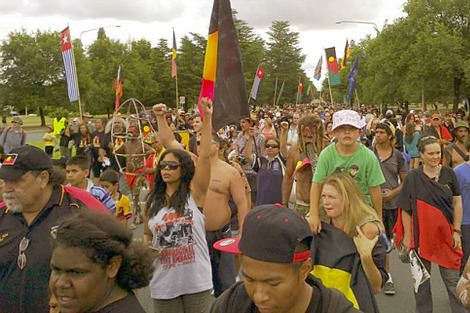
AUSTRALIA
- Celeste Liddle
- 23 January 2017
27 Comments
For many years I felt that by changing the date we might come to a more inclusive national celebration. However the past few years of Indigenous activism have left me cynical. The things we were fighting for decades ago are very similar to the things we're still fighting for. Australia has not acknowledged and rectified its history; rather it seems content to reinforce its amnesia. It's therefore unlikely I will be able to stop protesting this celebration, regardless of the day it's held upon.
READ MORE 
-
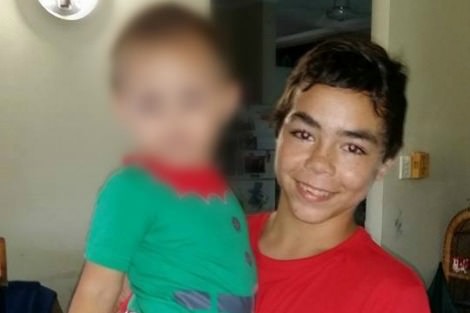
AUSTRALIA
- Kate Galloway
- 13 January 2017
4 Comments
The Minister has committed to improving youth detention facilities, the appointment of 100 more staff, and revision of Victoria's youth detention policy. But in doing so, she has sheeted home blame to the former government, and has accused lawyers for the children of pandering to ideology. The government's discourse continues the tough-on-crime narrative rather than acknowledging the causes and contexts of juvenile offending and the consequences of appalling facilities on the youth who are detained.
READ MORE 
-
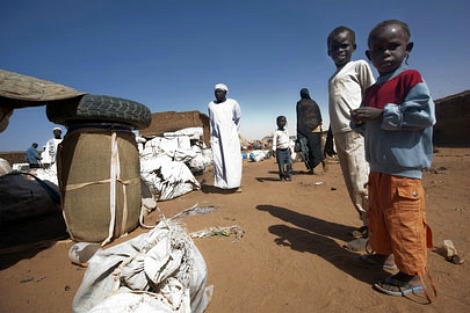
AUSTRALIA
- Andrew Hamilton
- 14 December 2016
7 Comments
This year International Migrants Day has called for children to be released from detention. It is appropriate that an event held in the shadow of Christmas should advocate for children. For they lie at the heart of Christmas. The insistence in the Gospel stories on the obligation to respect and nurture children is not exclusive to Christians. It is echoed in the attention to children and concern for their growth into responsible adults shared by other religions and cultures.
READ MORE 
-

AUSTRALIA
- Frank Brennan
- 13 October 2016
2 Comments
With idealism and pragmatism, I invite you criminal lawyers in the next 30 years to imagine and enact a better criminal justice system which alleviates rather than exacerbates the devastating effects of colonisation and marginalisation on Indigenous Peoples, and most particularly their children. An intelligently designed criminal justice system must help secure the foothold of Indigenous children in both the Market and the Dreaming.
READ MORE
-
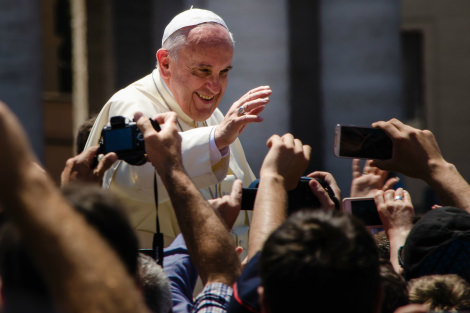
RELIGION
- Andrew Hamilton
- 15 September 2016
17 Comments
Is Francis' style of political engagement effective? It has certainly gained him a favourable hearing within church and society. His message and his personality suit the times. Whether it will be lastingly effective will depend on whether he changes attitudes, particularly those of people who will be responsible for governance in church and state. But at the very least he has stressed the ethical and religious urgency of treating refugees, the environment, and the economy with respect.
READ MORE 
-
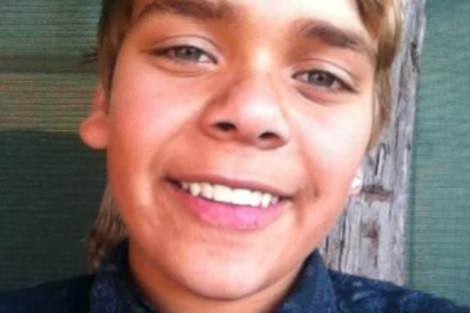
AUSTRALIA
- Kate Galloway
- 06 September 2016
5 Comments
This is the scandalous state of Indigenous affairs in Australia. Aboriginal and Torres Strait Islander people and their communities literally face a life and death struggle against the state itself. These are not isolated incidents. They represent the intrinsic failure of our society to heed the concerns of communities themselves, and to engage with fellow citizens in a dignified and respectful way. The failure is so grave that state treatment meted out to Indigenous Australians is actively harmful on a large scale.
READ MORE 
-
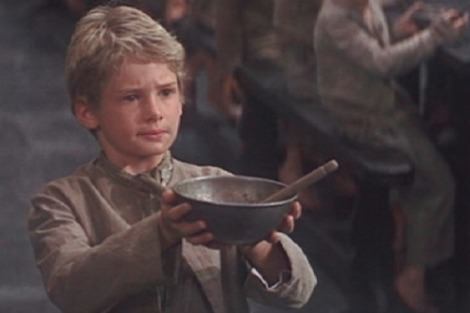
AUSTRALIA
- Kate Galloway
- 26 August 2016
15 Comments
Oliver Twist is still used to aid understanding of the trauma arising from poverty, and the suffering of children at the hands of individuals and within institutional settings. In broader Australian society we assume Dickensian attitudes to children have evolved. Aligned with the sentiments behind child protection, society's image of children and childhood is idyllic. Yet beneath this veneer lies a substratum of deeply ambivalent, even malevolent, attitudes towards children with a distinctly Dickensian flavour.
READ MORE 